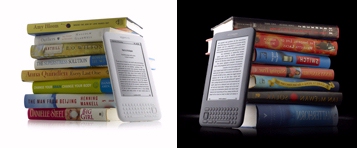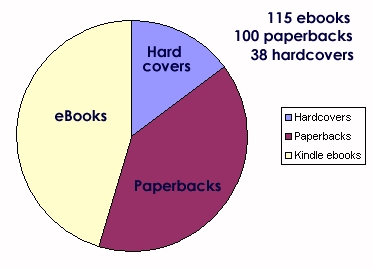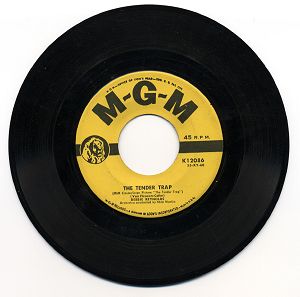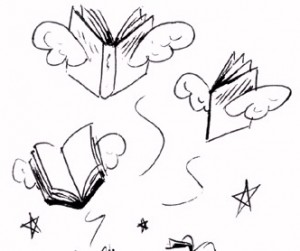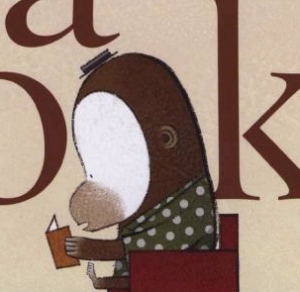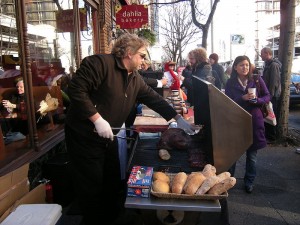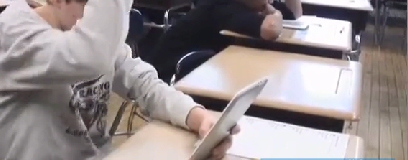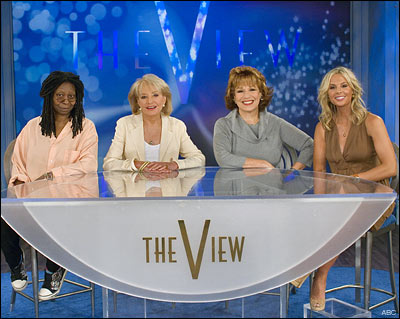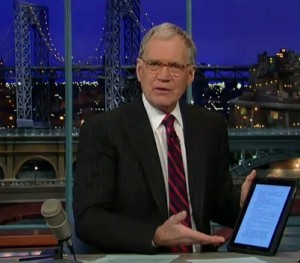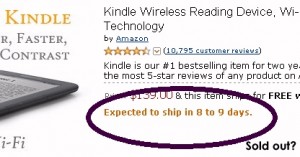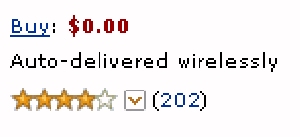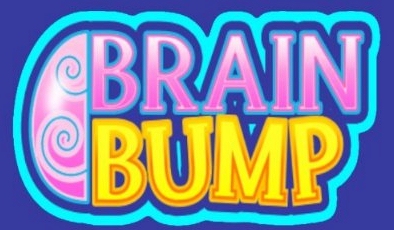
It’s amazing. Last summer there were just two good games you could play on your Kindle — Shuffled Row and Every Word. A couple more trickled in over the winter, including Scrabble and Monopoly. But suddenly there’s a flood of of brand new games appearing in the Kindle. In fact, ten more new games have turned up in just the last eight weeks. And at least two of them are now on sale!
Mahjong Solitaire
It was just last month when this beautiful new game turned up in the Kindle store – and for the next week it’s on sale for half price! It’s now just $1.99 (instead of $3.99), and it features a variety of 10 different game boards, each one below a very attractive grayscale logo. It’s a one-player version of the classic Mahjong tile-removing game, but I think the layout is absolutely gorgeous.
Next
Mahjong Solitaire was produced by Mobigloo, which had released its first game for the Kindle just eight days earlier (on November 22nd). Next is a Tetris-style “matching” game that’s “easy to learn…hard to master,” according to the description on Amazon.com. For $2.99 you get 128 different levels, and you can play them in any order, according to one reviewer at Amazon.com. “You do not have to slowly work your way to the hardest level!”
Blackjack
Amazon also released a new free game for the Kindle in the first week of December: the classic card game Blackjack. It’s currently the 11th best-selling free item in Amazon’s entire Kindle store, and it’s very well-produced. (It’s nice to see a Kindle game with all the functionality of an actual card game in a Vegas casino, like “doubling” your bet for the next card drawn, and even “buying insurance” against the dealer having a 21.) And if you’re not sure whether to hit or stand, there’s even a built-in adviser which reveals your mathematical odds of success in every situation.
Hangman
The day after Amazon released Blackjack, Sonic Boom released a Kindle version of the game Hangman. For just $2.99, you can play the classic letter-guessing game with over 1,000 different words. (And the game lets you swap in three different “victims” that you’re trying to save from the hangman’s noose — a stick figure, a gingerbread man, or even William Shakespeare.) Sometimes the puzzles are “Wheel of Fortune”-style phrases, but the game will always provide you with at least two hints towards the final answer. Right now the game is averaging just three out of five stars among reviewers on Amazon, but the biggest complaint seems to be that if you finally fail to guess the correct word, the game still doesn’t tell you what it was!
Slingo
The reviews were much more positive for Slingo, which is averaging four and a half stars out of 17 different reviews. It’s a variation on Bingo, where you “spin the dial” on the numbers at the bottom of the board, and hope they eventually match all the numbers on your Bingo card. “This Kindle version is a very good adaptation of a classic hand-held and PC game, and I think it is well worth the price,” wrote one reviewer in Arizona. “If Amazon keeps this up, I may have to unload a few books from my Kindle to make room for the games!”
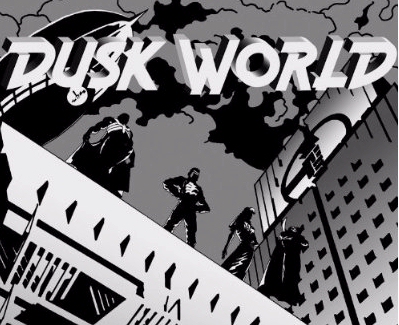
Dusk World
This is one of the most interesting new games for the Kindle, created by Amazon Digital Services, and released on December 14. Dusk World is the first game from Amazon which isn’t free — it costs $5.99 — but it’s got some really wonderful graphics. It’s an interactive text adventure with some lavish, noir detective style illustrations, in which you play the character Agent Patriot (described by Amazon as “a super-powered chameleon, reformed mob enforcer, war hero, convict framed for double murder.”) They warn that the game contains content “that may be inappropriate for children,” but it’s exciting that Amazon envisions the game as the first installment in a new “Living Tale” series of digital graphic novels.
Maze A Thon
Just five days before Christmas, another game developer released their very first game for the Kindle: Maze A Thon. You maneuver a cartoon mouse with your four-way controller, trying to navigate all the passages to a very elusive piece of cheese. There’s three maze styles — including wrap-around mazes which scroll off the Kindle’s screen, as well as “cubetastic” mazes (where the paths actually wrap around the six sides of a three-dimensional cube!) The mazes are generated at random, so it’s never the same maze twice, and at 99 cents, it’s already become one of the 50 best-selling items in Amazon’s Kindle Store.
New York Times Crosswords
For $1.99, you can also get a set of 30 easy crossword puzzles from the New York Times. (Or, for $4.99, purchase a larger set of 90 puzzles.) And instead of easy puzzles, you can also purchase a volume of “challenging” puzzles instead, in either a 30- or 90-puzzle set. The first set of games was released on December 21, and some users complained that its interface was a little slow to respond. But there’s also a built-in feature that will offer you hints — something that you’ll never get from a crossword puzzle in the newspaper!
Choice of the Broadsides and Choice of the Dragon
The week before Christmas also saw the launch of two text adventure games — and if you purchase them before midnight on Monday, they’re just 99 cents! (When they were released in December, they cost $4.99 apiece!) “Fire the starboard broadside!” shouts the Caption of the H.M.S. Courageous, as it engages in a fierce cannon battle with an enemy ship. Choice of the Broadsides lets you choose your response at key points in the story — for example, when one of your crew-member’s is wounded and needs medical attention. And in Choice of the Dragon, you’re not the junior commander on a war frigate, but a flying and fire-breathing dragon — so the choices can feel even more personal!
Brain Bump
This is probably the newest of the new games on the Kindle, since it was released just a week ago, on January 21. Brain Bump is a straightforward trivia game, presenting multiple choice questions about books and keeping track of how long you can maintain your “brain streak” of right answers. The questions cover everything from The Lord of the Rings to Shakespeare (though one reviewer on Amazon even complained that too many of the questions were about Lord of the Rings). Like any trivia quiz, you may have trouble if you haven’t read the books in the question. But for what it’s worth, the game costs just 99 cents — and it will always be the first trivia game ever released on the Kindle.
